E-Signature Verification | Why Businesses Should Consider Adopting It
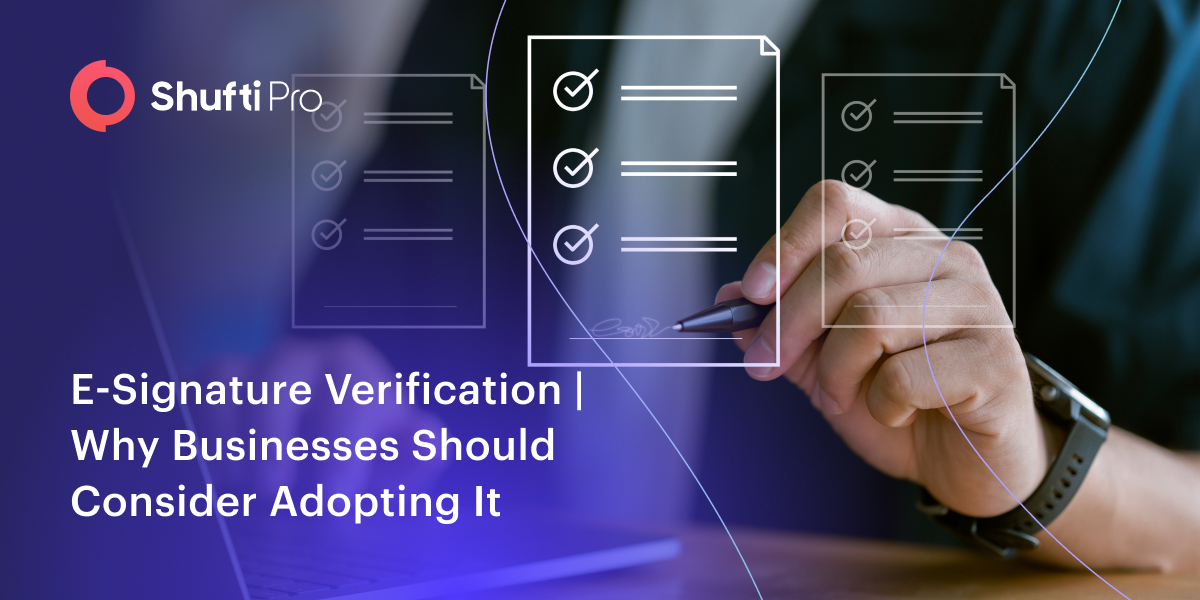
Physical paperwork is a thing of the past now. It is a time and labour-intensive task that requires users and business owners to perform extra work just to verify users’ identities. US businesses spend $8 billion every year managing paper documents. A lot of paperwork piling up can also lead to mixed business records. Financial and legal documents need authenticity; otherwise, they can raise security concerns. Users must verify the authenticity of their documents whenever they’re involved in any lawful business dealings.
Digitisation has enabled businesses to create e-signatures and digital documents. Users can access these documents through all kinds of digital channels. In simple words, digitisation has enabled both businesses and customers to eliminate the need for physical paperwork. In the last 20 years, paper product usage has increased from 92 million tons to 208 million, a 126% increase. A user can simply email their essential documents to a business for the verification process to commence. The same is the case for agreements and dealings. A user can simply send the contract to another user, which the user can acknowledge without inconvenience.
The question at hand is how these agreement documents are authenticated.
Electronic Signature Verification: What is it?
Often referred to as …e-signature, this encompasses a verification service that allows businesses to authenticate documents involving digital signatures. The global electronic signature market was valued at around 3.9 billion U.S. dollars in 2022 and is projected to grow to 43.14 billion by 2030. This verification method determines whether the signature is authentic or not. Additionally, an electronic signature verification solution can help determine whether the intended signatory made the sign or if it was done by someone else.
In our complex digital ecosystem, businesses need assurance that their processes are not compromised. While onboarding or signing a contract with a user, businesses need proof that they’re legal and unrelated to suspicious activities. While signing a document, it is crucial to have the signs linked back to the original user. E-signature authentication serves as an assurance of security and as proof of compliance.
Modern OCR and ICR integrated electronic signature verification services provide users with fast, secure, and reliable document verification worldwide. E-signature ultimately contributes to a safer workflow, allowing companies peace of mind when onboarding users. Moreover, when signing important agreements or employment contracts, businesses can leverage the convenience and security offered by e-signature services to eliminate paper documentation and improve their processes.
E-Signature Verification: How Does It Work?
Electronic signature verification mainly works on document verification. In identity verification, once an entity signs a document, various verification technologies are used to check the signature. OCR Screening aids the software solution in determining whether the signs belong to a real person or not, and encryption technologies generate a specific pin that is fact-checked against the legal records of that person.
Additionally, since these signatures are made electronically, an electronic verification solution can determine the location, time, and IP address of the device from which the signature was made. Technical information can give further details about whether the entity is legitimate.
A business generates the contract and then sends it to the person whose signatures will be recorded. The user then encounters a “Sign Document” option, which redirects them to a digital contract that is sometimes generated by the company and requires signatures or is selected from the preset options available by the verification service provider. The user’s consent is collected, and they are subjected to the terms and conditions of the company. After that, the recipient can add their signature or stamp through the available templates, or if they prefer to draw it by hand, they can do that as well. Once this process is done, the signature is verified, and the verification process is marked as complete.
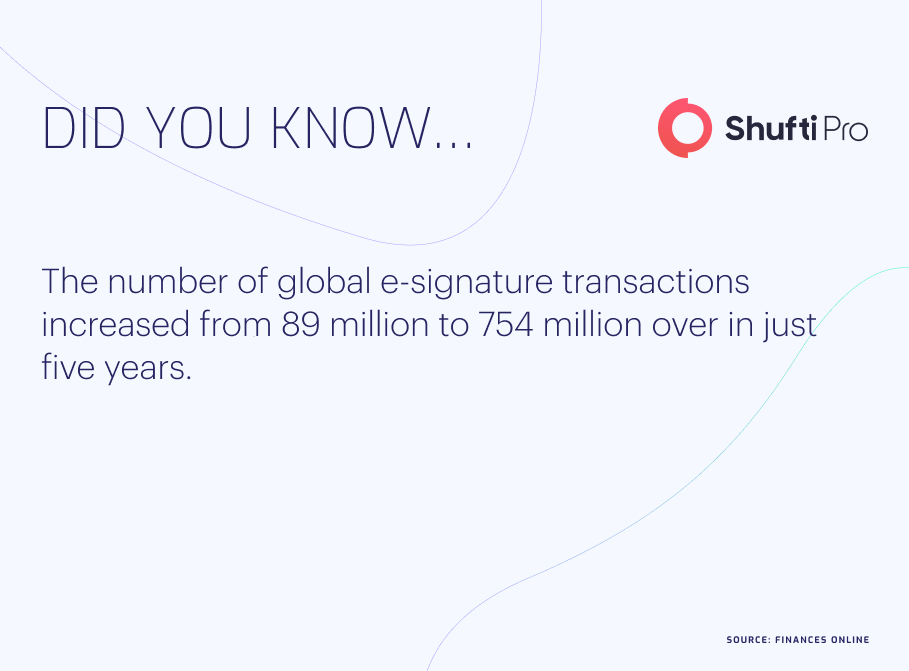
Benefits of E-Signature: What Sets it Apart?
Adopting e-signature verification technology can help businesses eliminate a handful of signature-related errors. Sometimes, signatures can be illegible or smudged, which can cause problems. Entities can often face document uploading issues, and the list goes on.
Moreover, e-signature can significantly improve business processes. Here are some reasons why businesses need to adopt e-signature services:
-
Cost Saving
An electronic verification solution helps businesses save significant finances. By eliminating physical paperwork and onsite KYC verification, companies can save money and use it elsewhere. The costs related to printing, scanning, and shipping documents can be saved, which is a large chunk of a company’s total finances.
-
Time Efficient
E-signature verification services allow businesses to save time and resources. Usually, verifying a signature would require labour and take time, but signature verification can save businesses this hassle. A user can simply sign a document from the comfort of their house, which is verified within seconds. Among financial institutions, eSignature reduces scanning errors by 92%.
-
Flexibility
E-signature verification online is a very flexible and convenient process. Businesses can onboard, verify, and satisfy customers worldwide by utilising it. By scanning details in real time, business owners can avoid any possible bottlenecks and inconveniences they would have faced if physical documentation was involved.
-
Compliance
Authorities like eIDAS in the European Union, NIST-DSS in the USA, and ZertES in Switzerland allow the use of e-signatures and even conduct audit trails on high-priority documents. These authorities have urged organisations worldwide to move towards e-signature verification solutions, which are more secure, convenient, and reliable.
-
Environmental Benefit
Adopting e-signature services can have a positive impact on our environment. As the world has been facing a climate crisis, adopting an electronic signature verification solution can help lessen paper use. Less paper can utilise digitisation better and help create a better environment.
Industries Adopting E-Signatures
An electronic signature verification service can be integrated with regular identity verification (IDV) practices, which can provide businesses with a single solution for their verification solutions under one software. Businesses worldwide are adopting e-signature software solutions because of their benefits. Here are some of the prominent sectors that have seen successful adoption of e-signatures until now:
- Banking and Finance
- Transportation and Logistics
- Insurance
- Healthcare
- Education
- Real-Estate
- Legal Services
- E-Commerce
These sectors are primarily dependent on documentation and contracts. By adopting the e-signature verification service, they can do a lot of hard work that can be utilised in other sectors. The healthcare, banking, and education sectors can see significant results in a short period as they can practically revolutionise their processes due to the benefits offered by e-signature. E-signature is a game-changer in the digital era. Around 96% of businesses globally have reported reduced document processing time.
Conclusion
E-signature is more challenging than it seems. It is quite a technical process unless your business has an electronic verification solution covering everything. Electronic signature verification is becoming the new norm as it helps businesses fast-track the document verification process and ensure only legitimate customer onboarding.
Electronic verification solutions provide users with multi-signature capabilities. They can generate custom contracts to send to their customers, precisely customised according to the business’s needs. The person to sign the document can choose from multiple text formats and even draw their signature by hand whilst eliminating paper documentation and document tracking by integrating e-signature processes into their workflow. With automated monitoring, businesses also don’t have to worry about tracking applications and contracts. The expiration dates of contracts are also considered, and any deadline is followed strictly. Once the time validity of a contract expires, the user is prohibited from signing the document, and a new document has to be generated, which can only be generated by the business requesting the signatures itself.





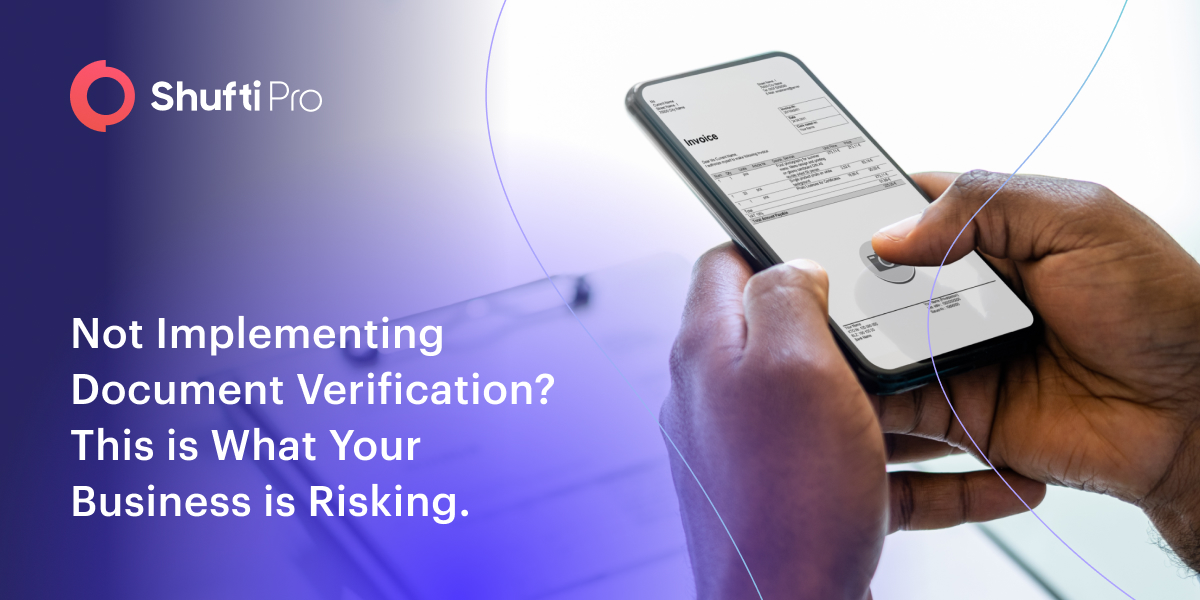


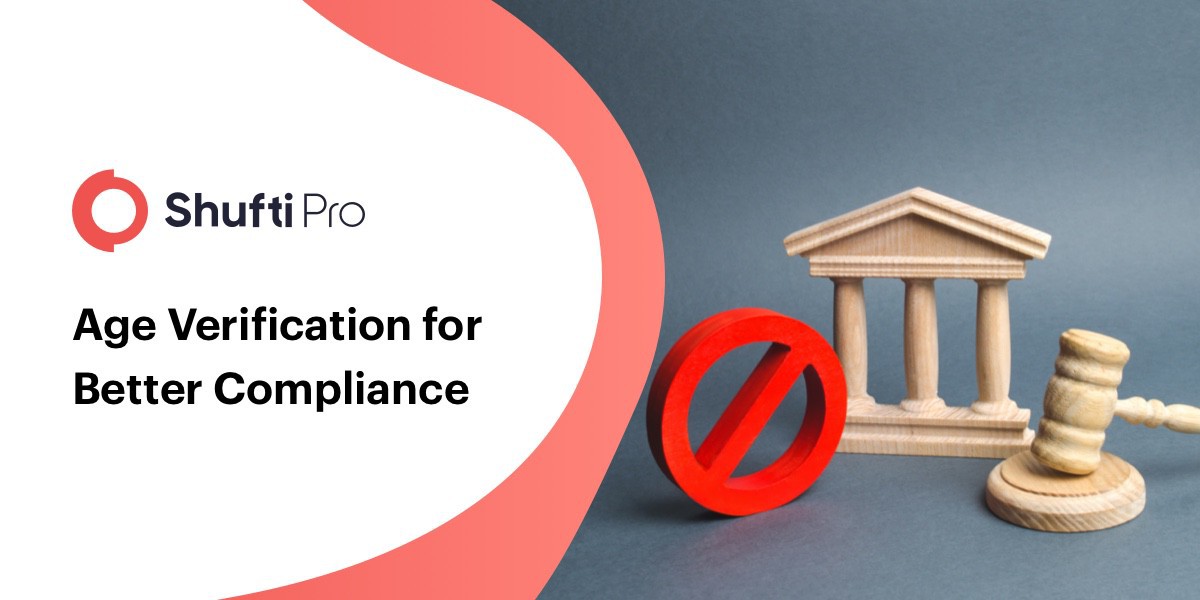

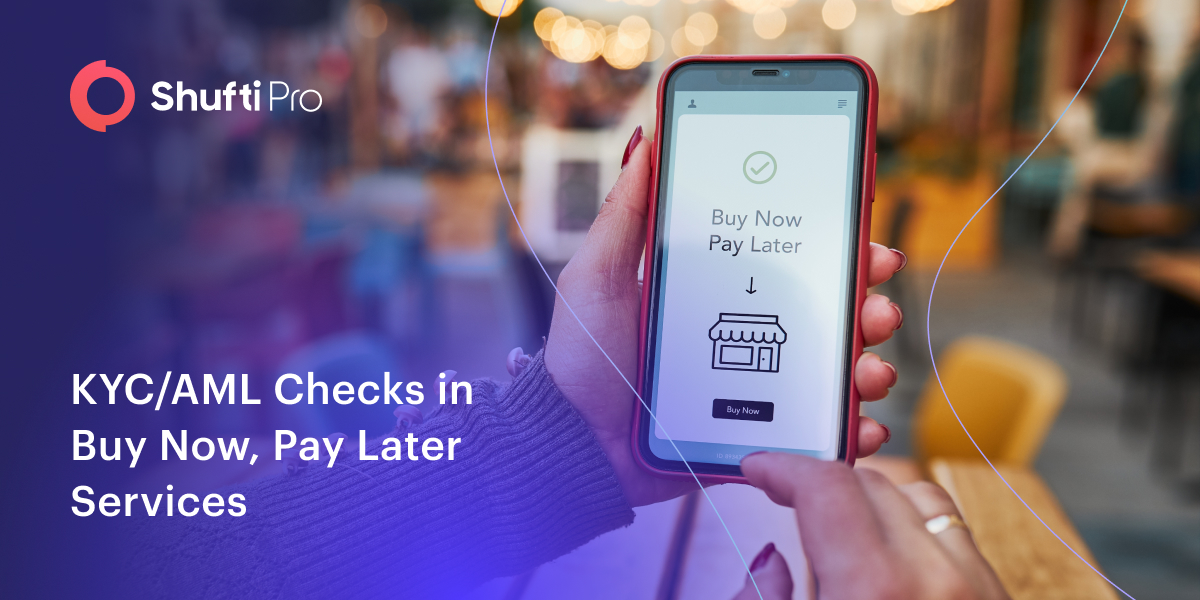

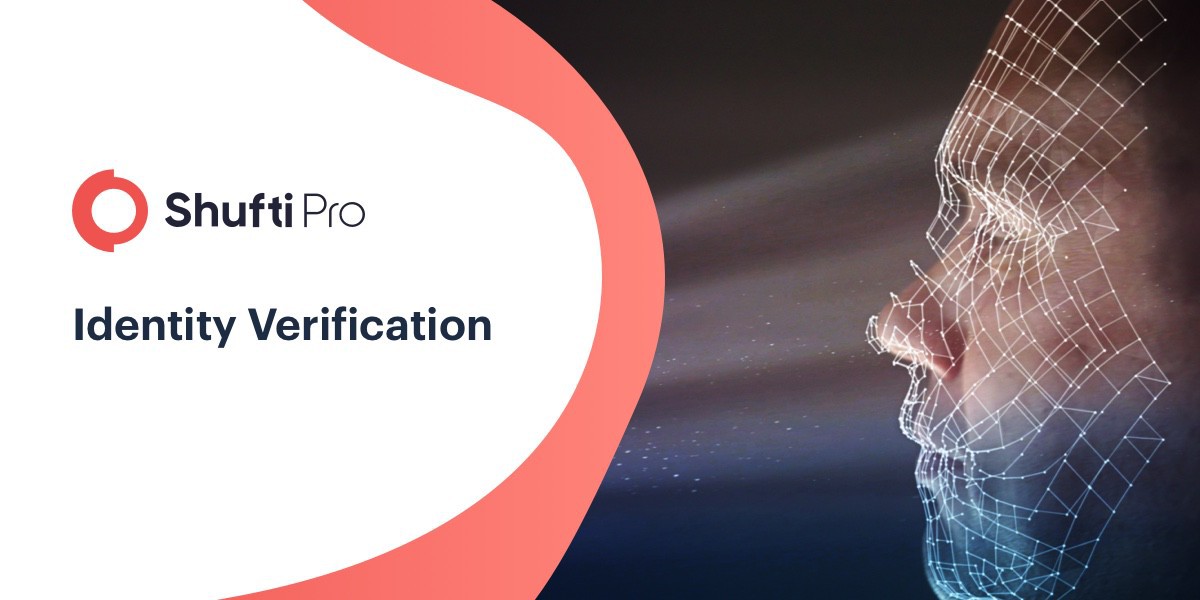


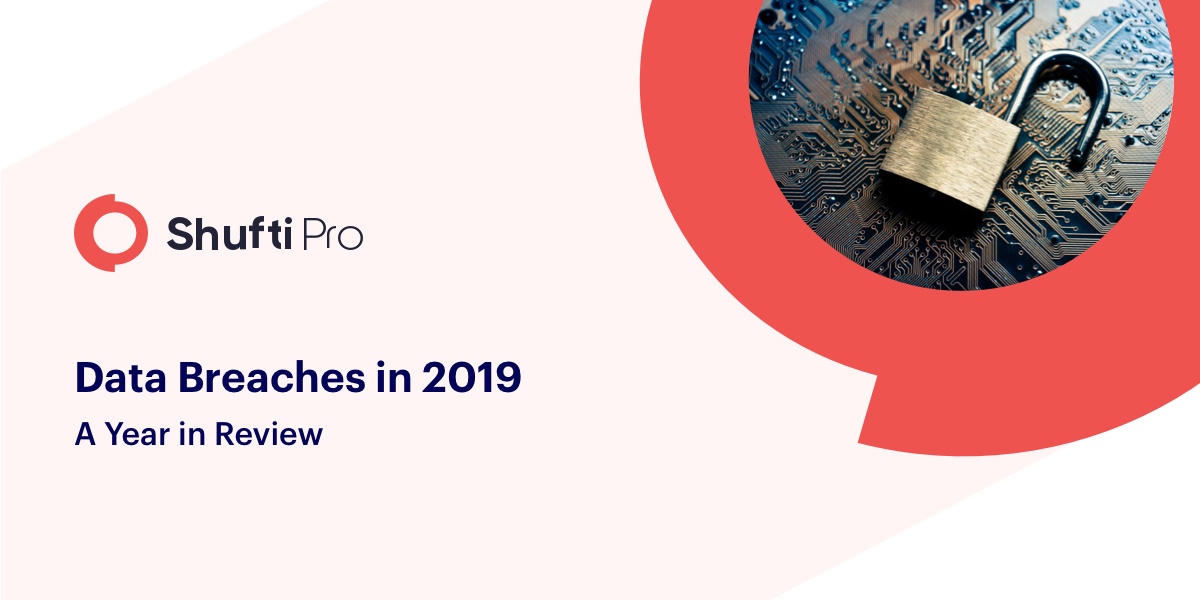


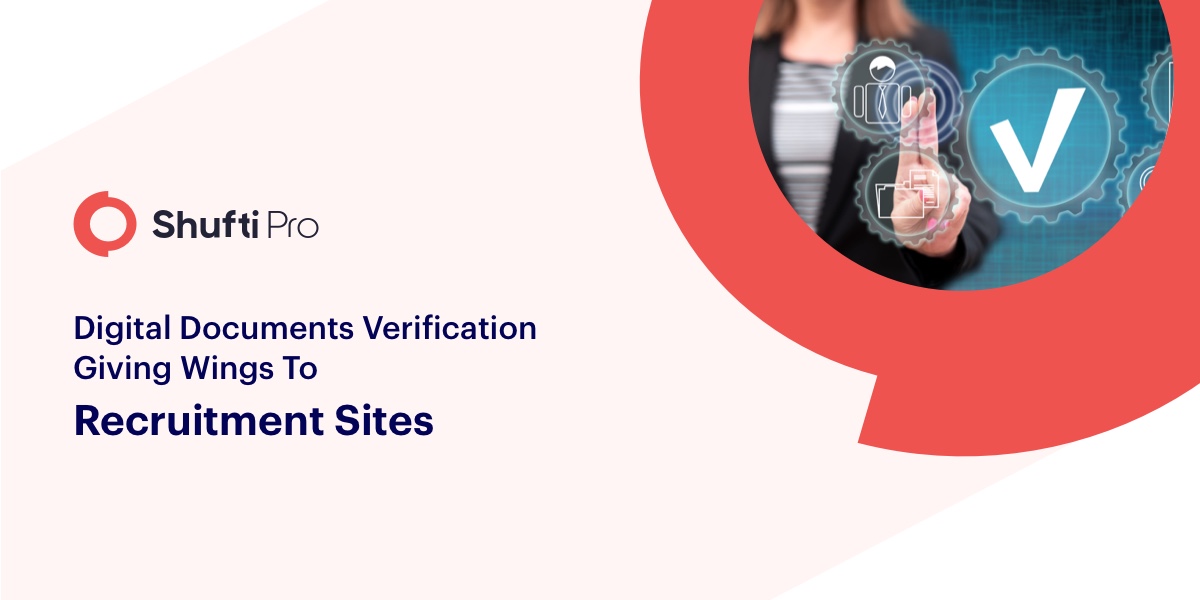
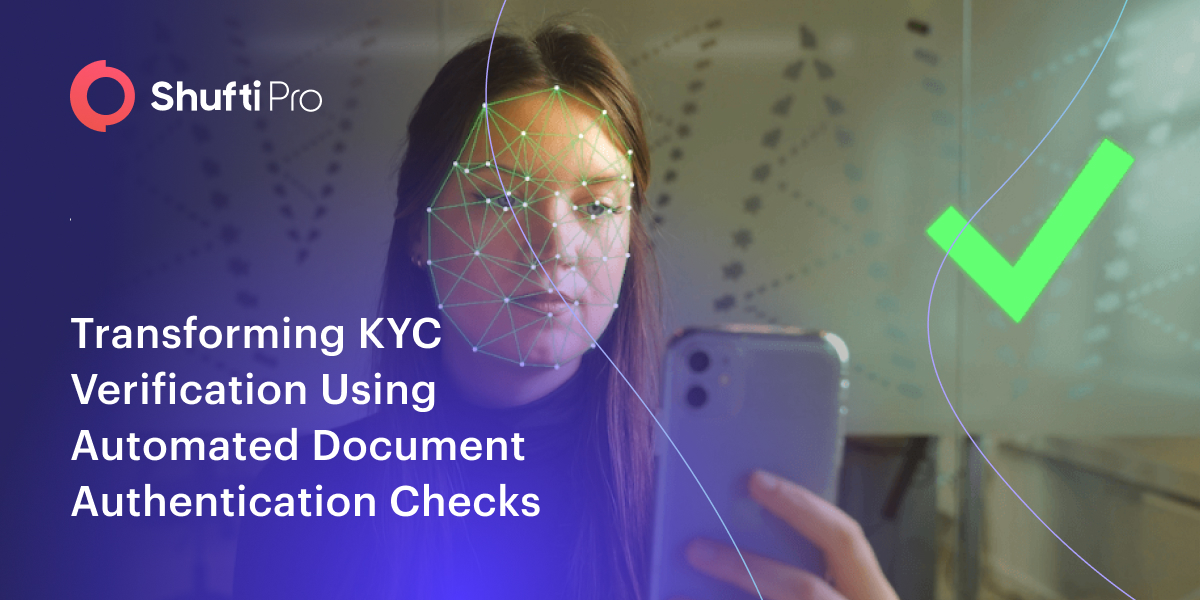

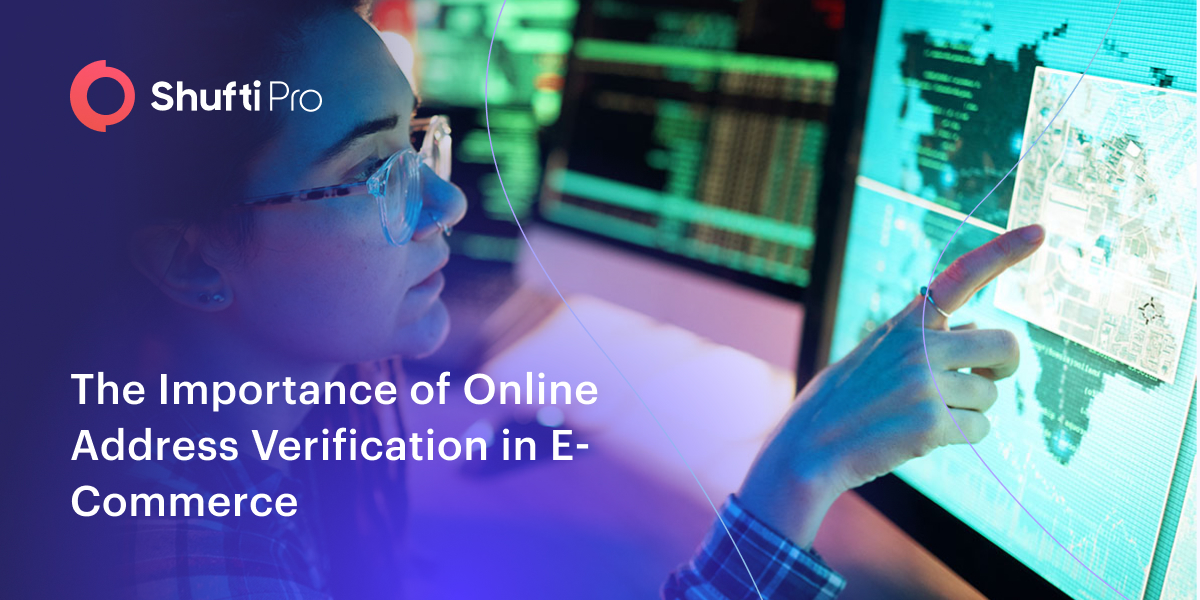








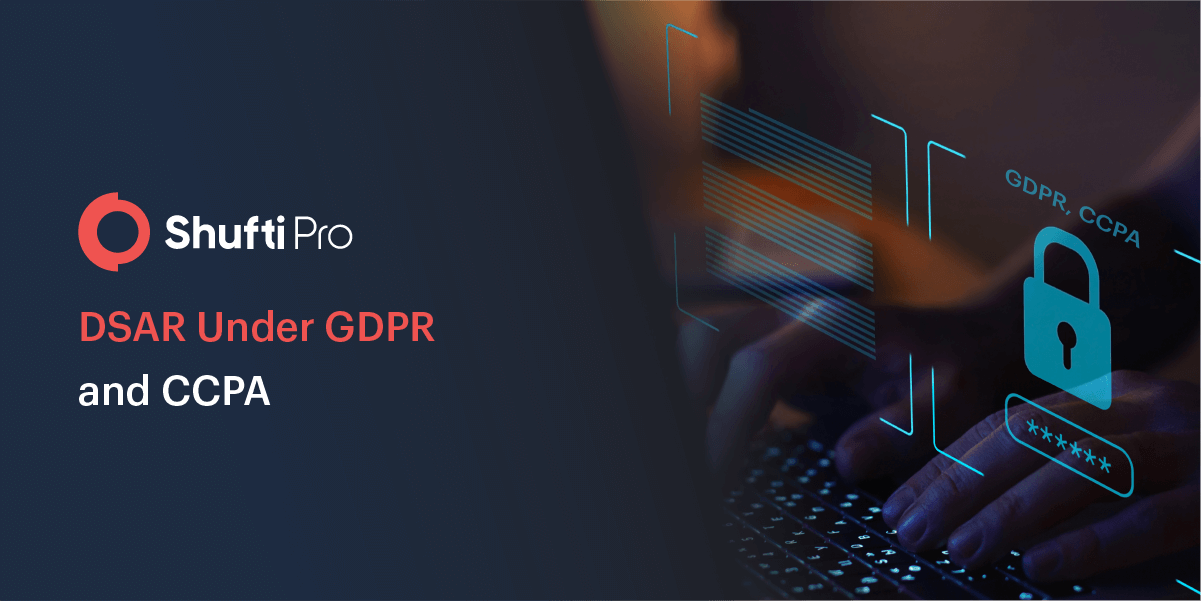

![A Detailed Insight Into Canadian Gambling Industry [2022 Update] A Detailed Insight Into Canadian Gambling Industry [2022 Update]](https://shuftipro.com/wp-content/uploads/n-img-canadian-comp.png)



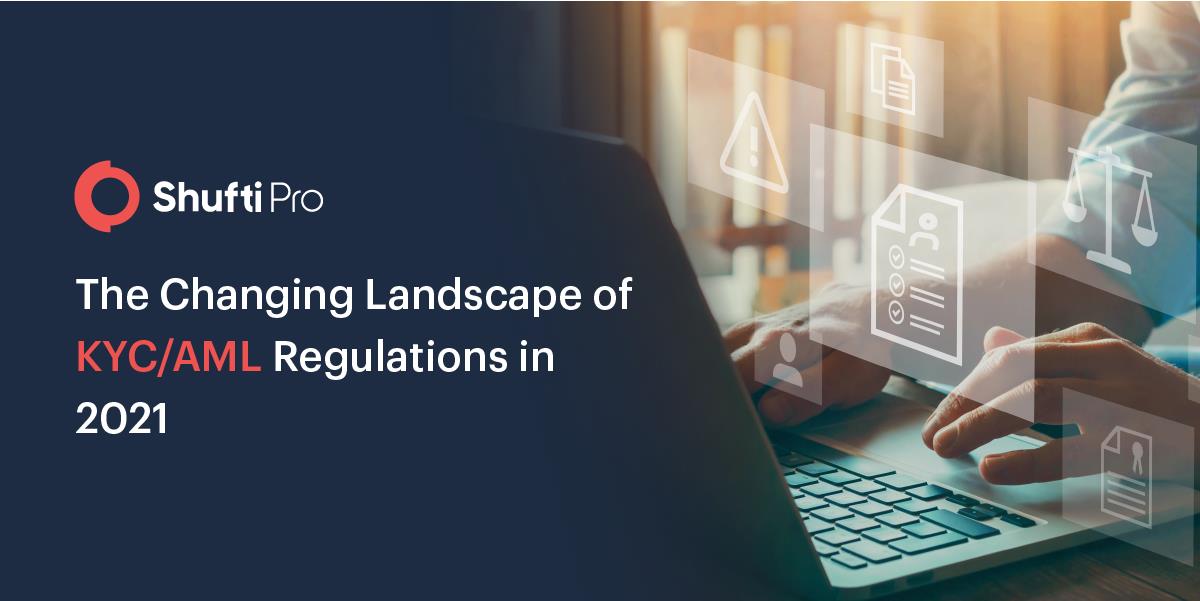


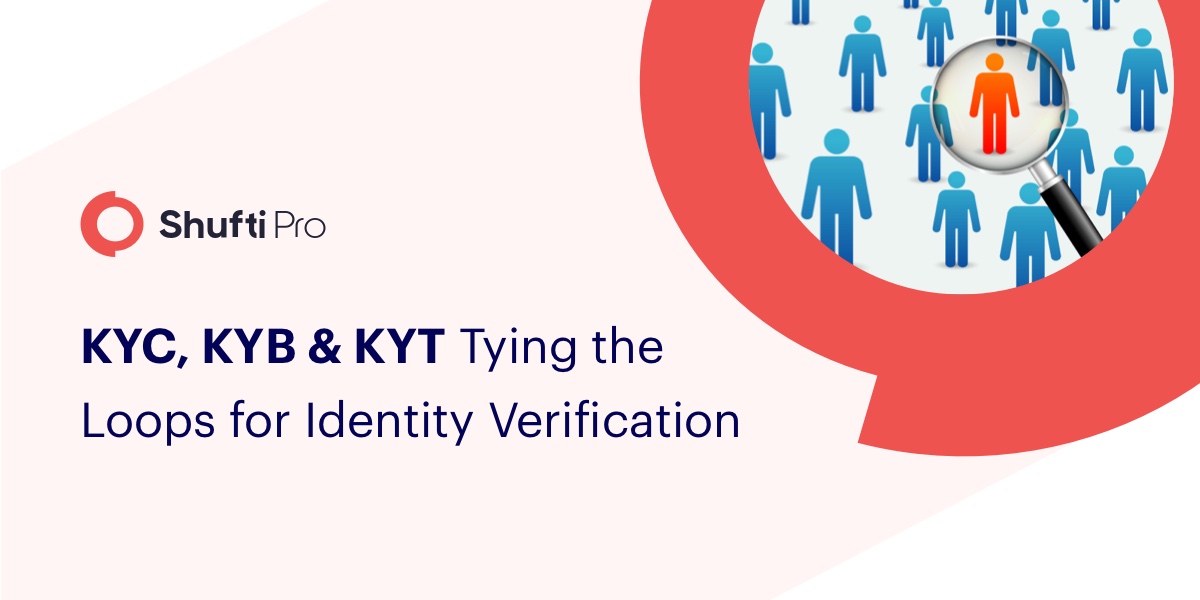

![AUSTRAC’s ML/TF Risk Assessment 2021 – Other Domestic Banks Report [Part 2] AUSTRAC’s ML/TF Risk Assessment 2021 – Other Domestic Banks Report [Part 2]](https://shuftipro.com/wp-content/uploads/2021-09-08-blog.jpeg)
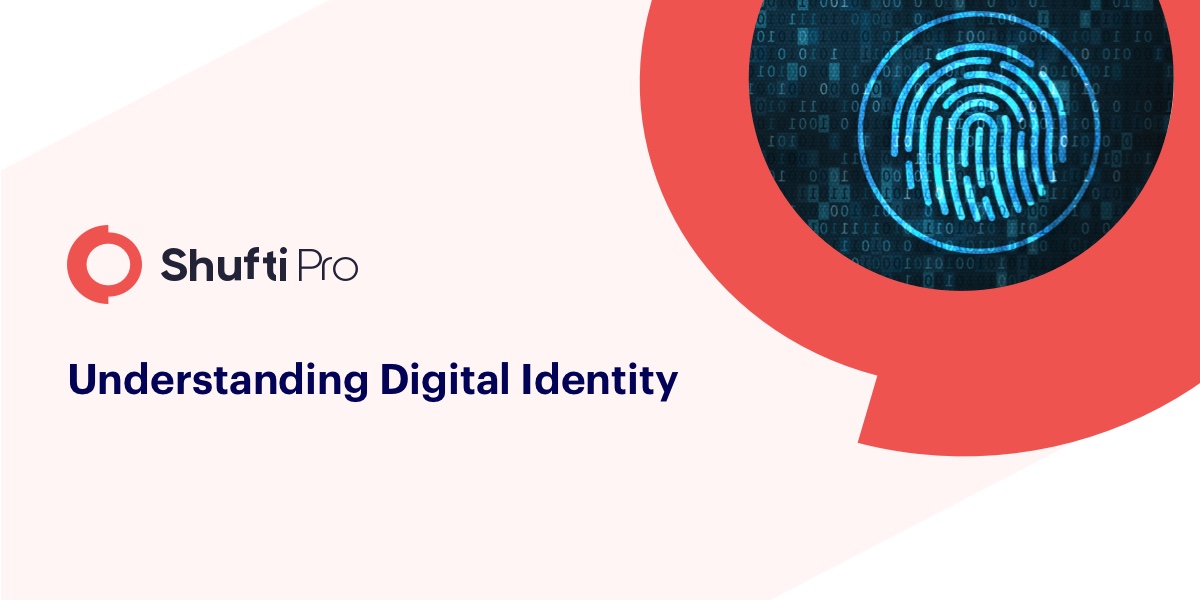
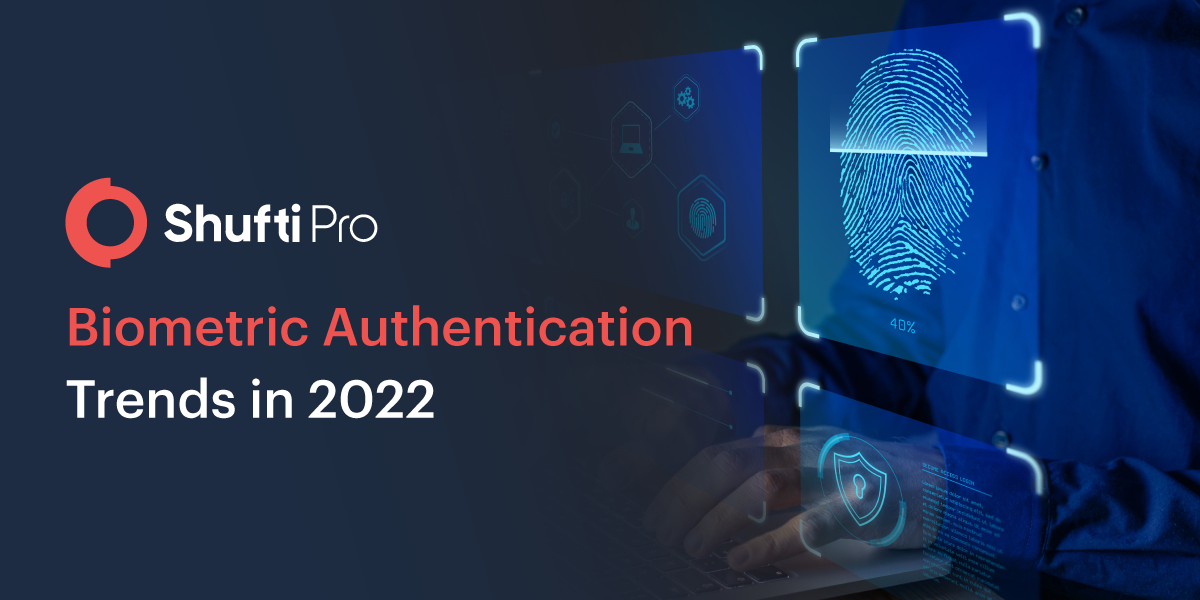


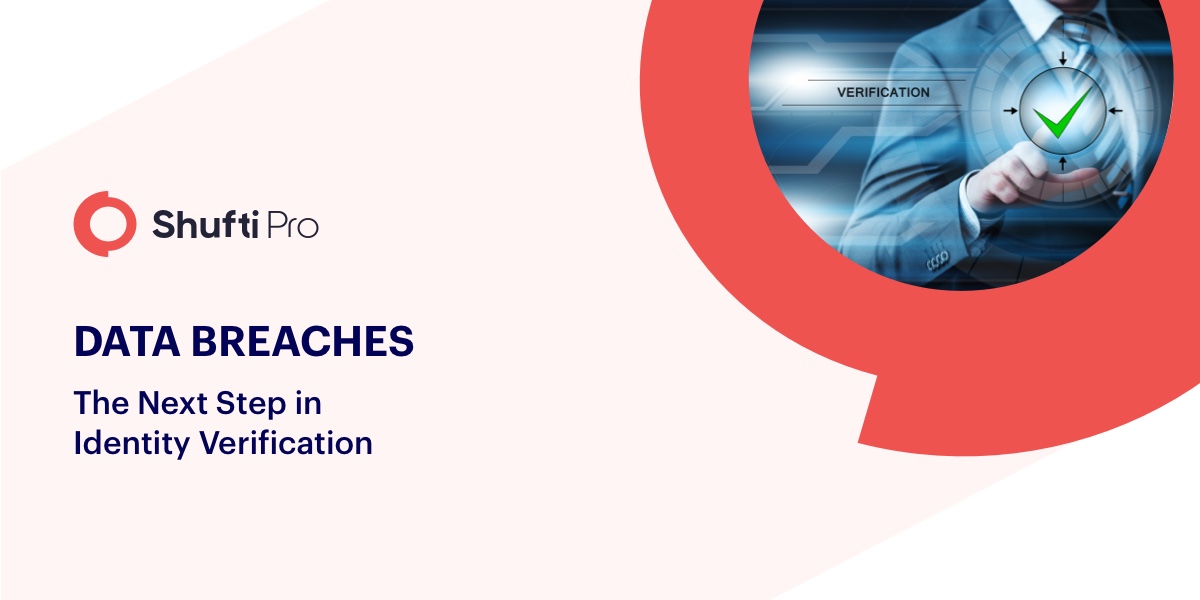





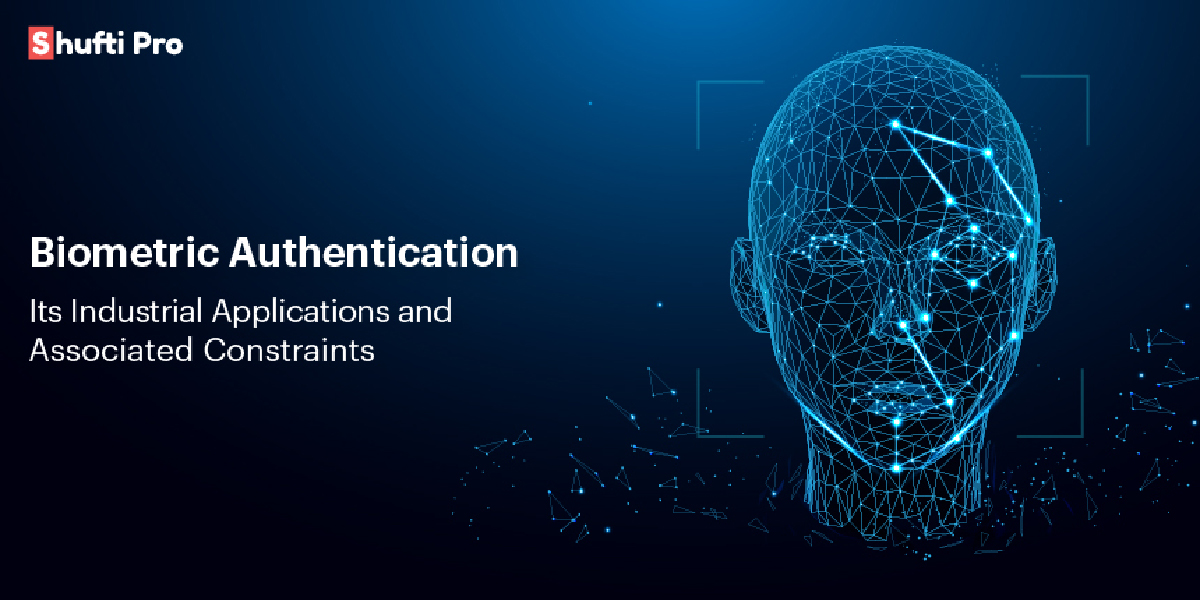

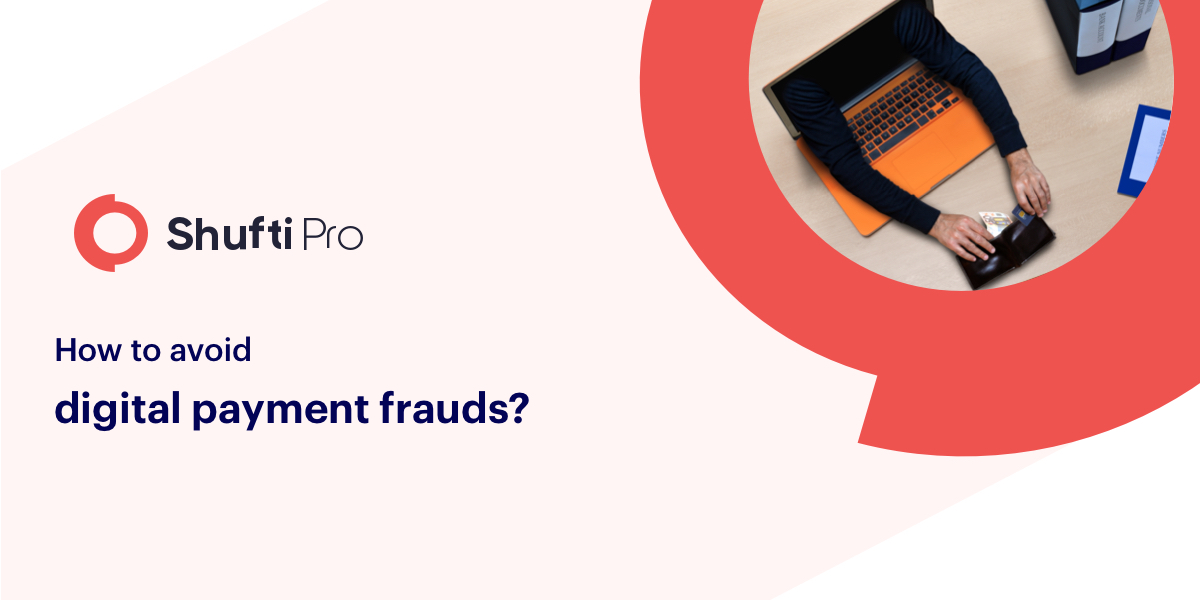


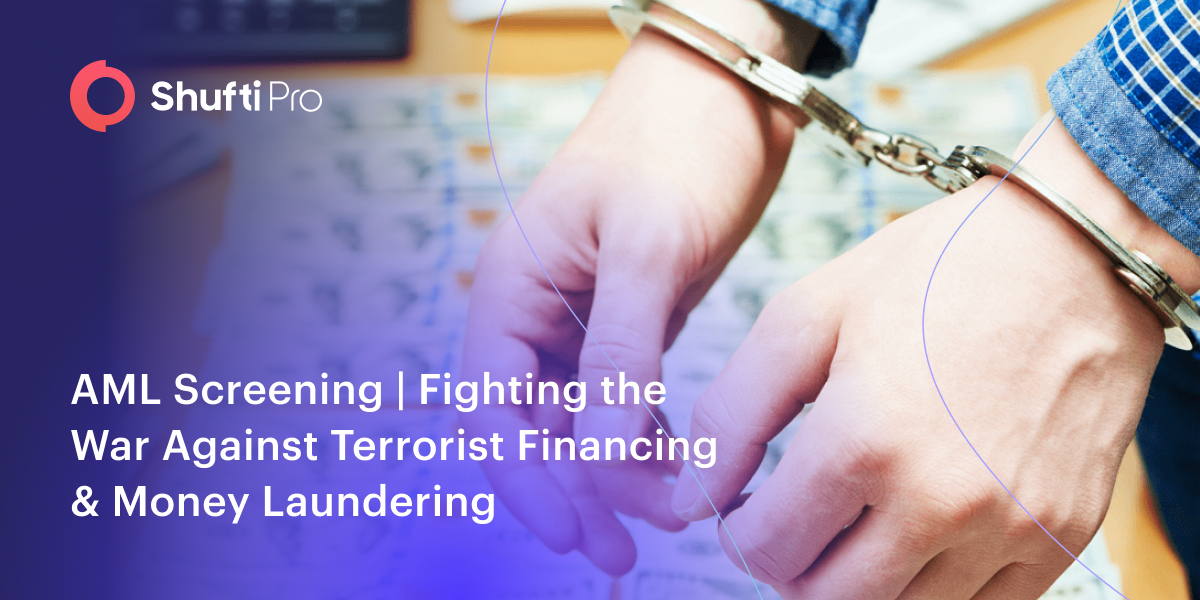

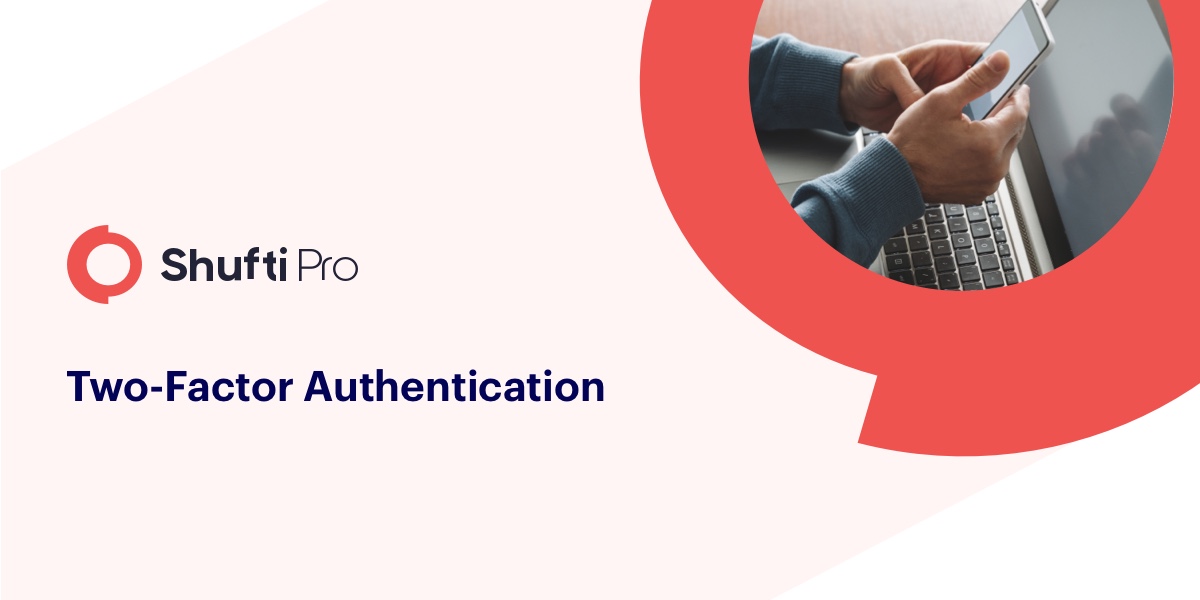
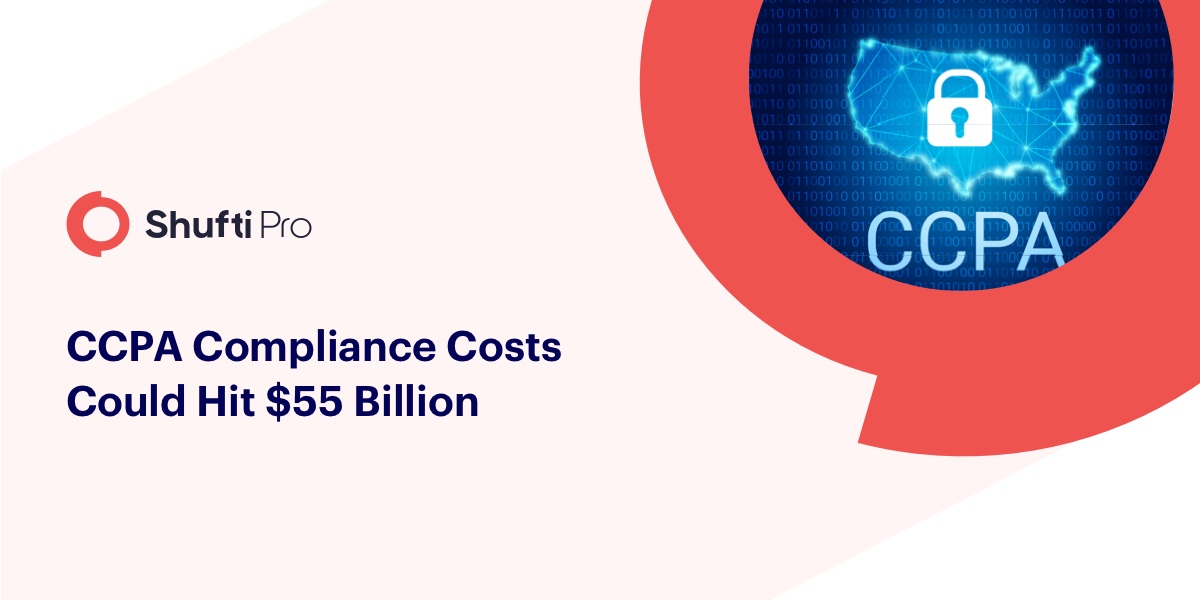
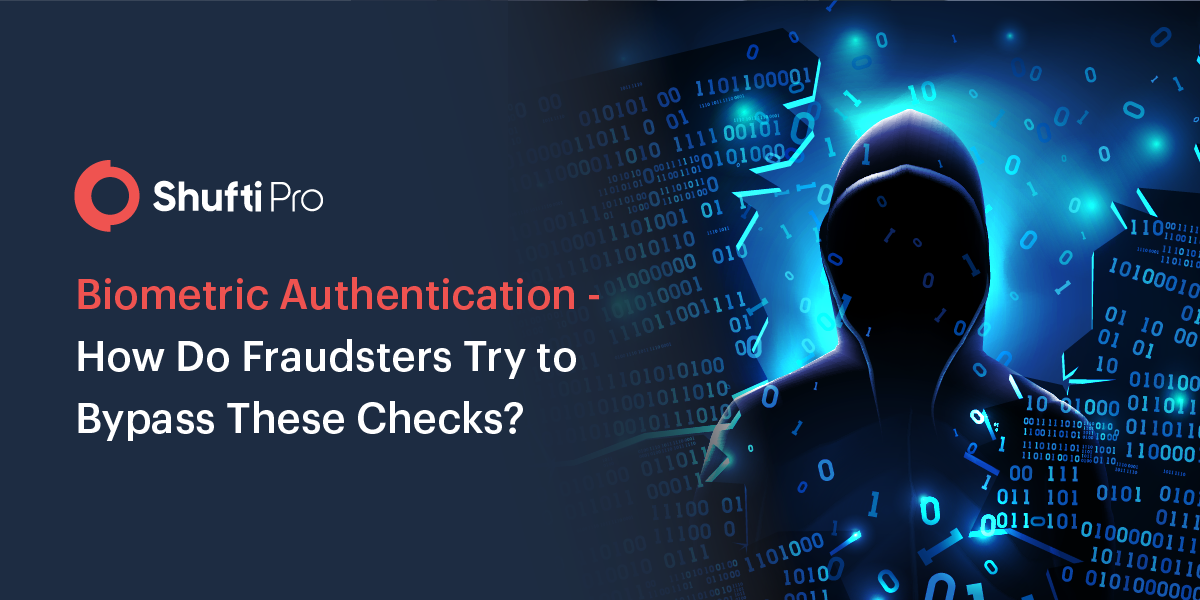
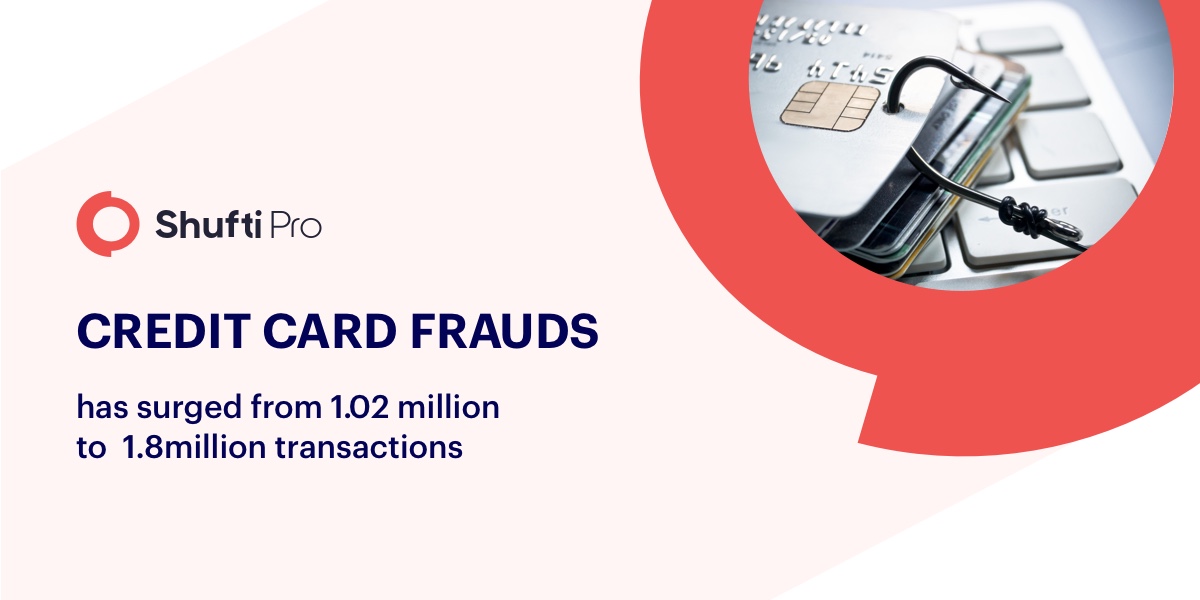
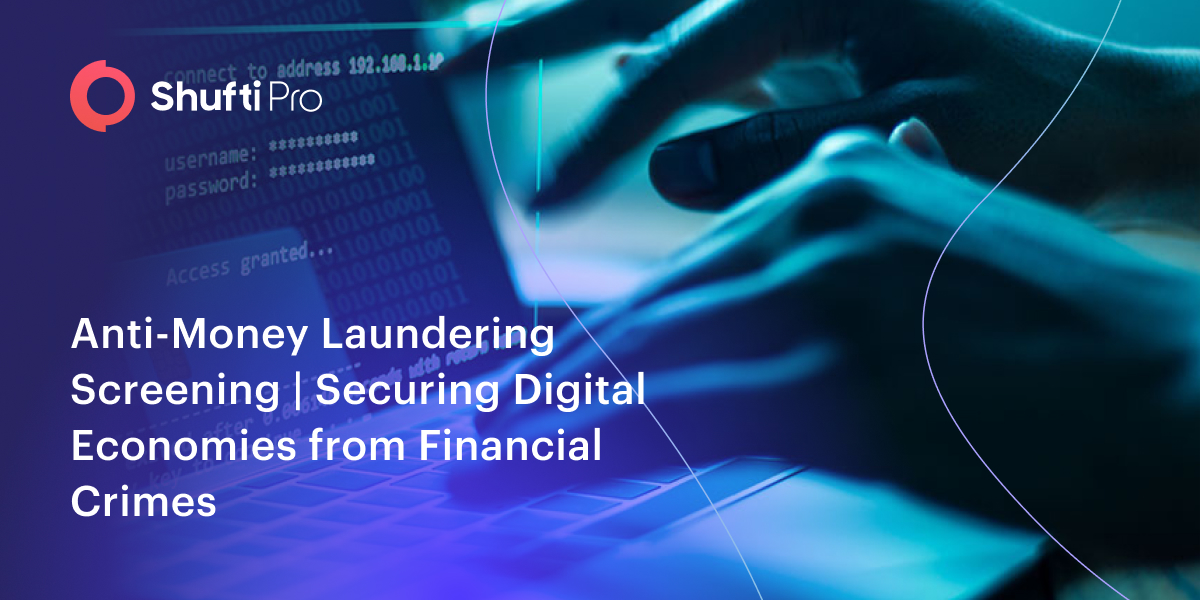



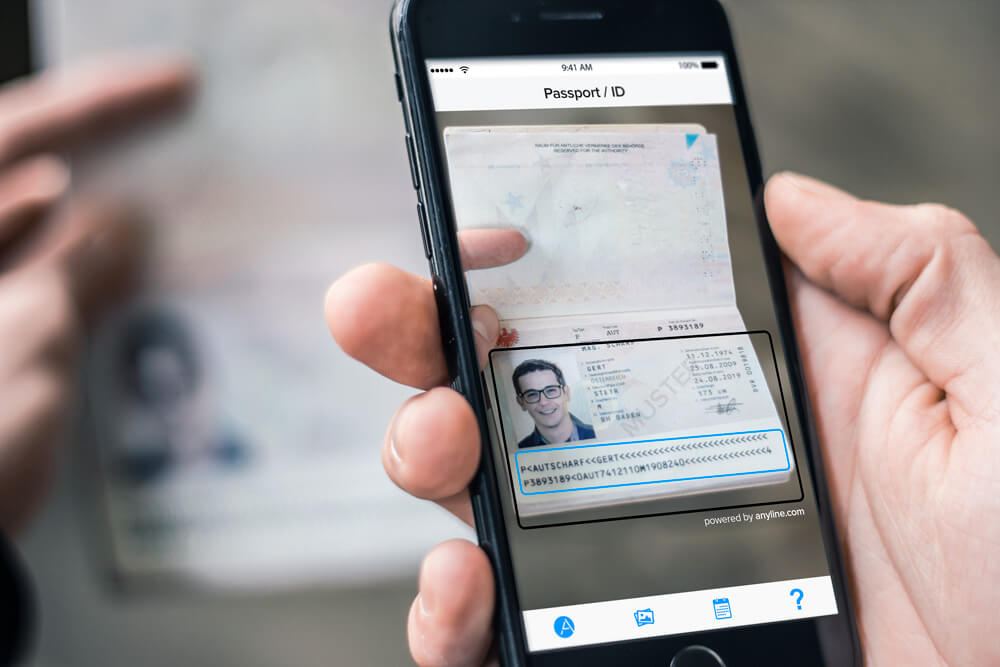
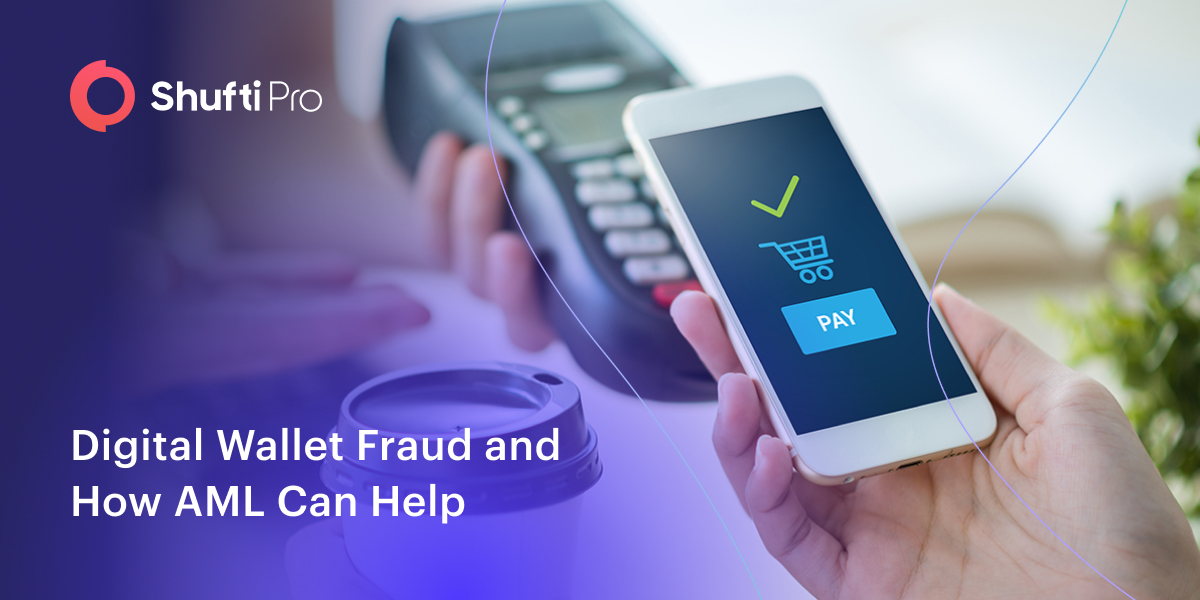

![AUSTRAC’s ML/TF Risk Assessment Report on Foreign Bank Branches [Part 3] AUSTRAC’s ML/TF Risk Assessment Report on Foreign Bank Branches [Part 3]](https://shuftipro.com/wp-content/uploads/image-17-2.png)

